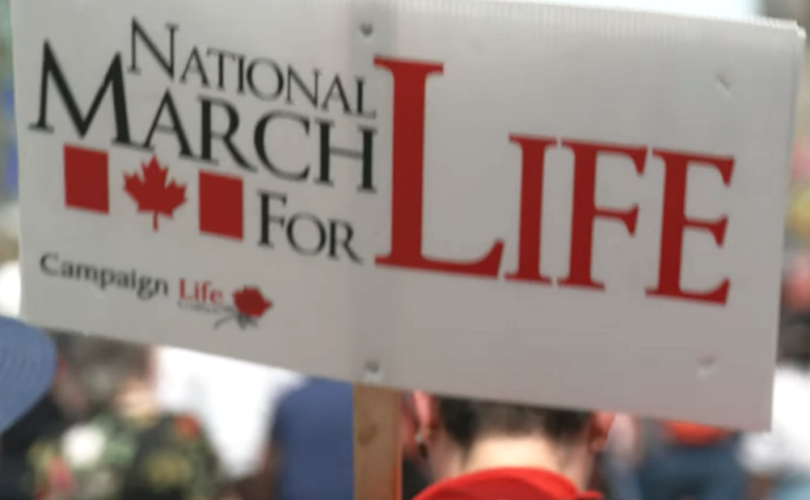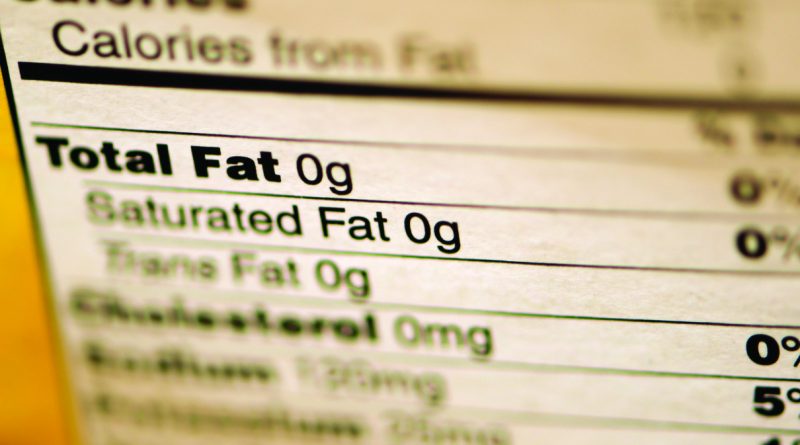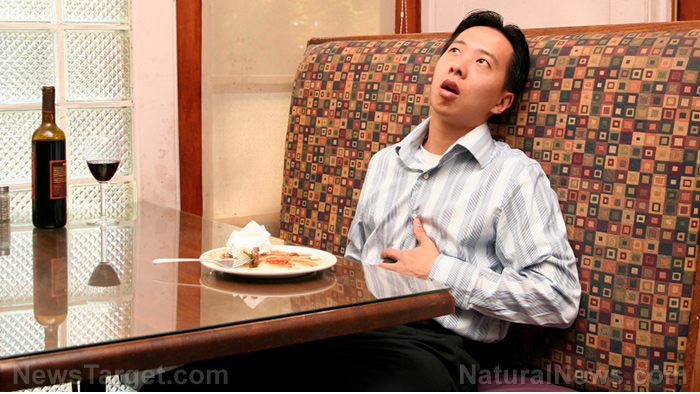Well, it seems like displaying images of aborted babies is just too much for Parliament Hill to handle. Who knew that a few graphic signs could cause such discomfort? Perhaps next time, we should censor everything that might make anyone slightly uncomfortable. After all, we wouldn’t want anyone to question their beliefs or face any inconvenient truths. But hey, who needs freedom of expression when we can just stick to safe, uncontroversial topics like the weather and cute kitten videos? It’s truly a brave new world we’re living in.
Campaign Life Coalition (CLC) and the Justice Centre for Constitutional Freedoms (JCCF) have launched a groundbreaking “constitutional challenge” lawsuit against Canada’s Parliamentary Protective Service (PPS). The lawsuit comes after the PPS prohibited CLC from displaying images of aborted babies during their press conference leading up to Canada’s National March for Life. This article explores the details of the lawsuit, the significance of the case, and the implications for freedom of expression in Canada.
The Suppressed Message
During CLC’s press conference on Parliament Hill in Ottawa on May 10, the group was informed by Parliament liaison officers that they were not allowed to showcase images of aborted babies. The PPS deemed the pictures too “graphic” and violated the General Rules on the Use of Parliament Hill, which prohibit signs displaying explicit graphic violence or promoting hatred.
CLC Director of Political Operations, Jack Fonseca, expressed disappointment, stating that the photographs were intended to reveal the true face of abortion and expose the violence behind it. The decision to suppress these images raises concerns about the limits of freedom of expression, particularly in a space historically known as a public square for conveying messages to the government and the Canadian people.
The Constitutional Challenge
In response to the PPS’s actions, CLC, supported by JCCF, has filed a Notice of Application for a constitutional challenge in Federal Court. The challenge argues that the PPS’s policies and actions violated the rights of CLC and a woman who intended to display one of the signs at the press conference. The lawsuit seeks a declaration that the PPS’s actions were unconstitutional and infringed upon the applicants’ rights protected by the Charter of Rights and Freedoms.
Hatim Kheir, the JCCF lawyer representing CLC, highlights the importance of political expression on Parliament Hill as a cornerstone of Canadians’ democratic right to freedom of expression. Subjecting political expression to police censorship based on subjective criteria undermines the fundamental principles of democracy.
Profound Significance
This constitutional challenge has far-reaching implications for freedom of expression in Canada. Parliament Hill has traditionally served as a platform for diverse viewpoints to communicate their messages to the government and fellow citizens. Restricting the expression of one group based on subjective criteria sets a dangerous precedent that threatens the democratic values cherished by Canadians.
Moreover, the suppression of the pro-life group’s message coincides with Canada’s federal government, led by Prime Minister Justin Trudeau, promoting extreme pro-abortion views. Trudeau’s administration has actively advocated for abortion rights and pledged millions of dollars to pro-abortion initiatives. This stark contrast raises concerns about the government’s stance on freedom of expression and its commitment to protecting the rights of all Canadians.
Conclusion
The constitutional challenge launched by CLC and JCCF against the PPS marks a pivotal moment in the fight for freedom of expression in Canada. By filing this lawsuit, the pro-life group aims to challenge the unconstitutional restrictions imposed on their right to convey their message on Parliament Hill. The outcome of this case will not only impact CLC but also set a precedent for future political expression and the protection of democratic rights in Canada. As Canadians, it is crucial to stand up for freedom of expression and safeguard the principles upon which our democracy was built.










